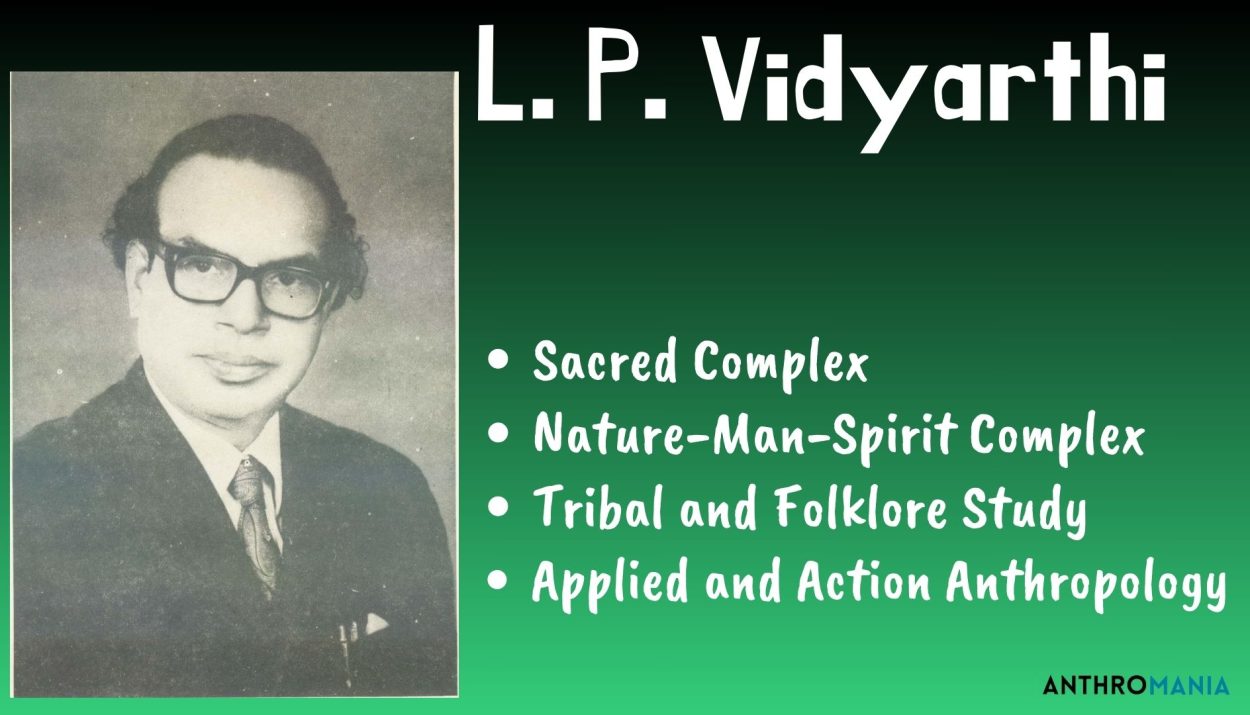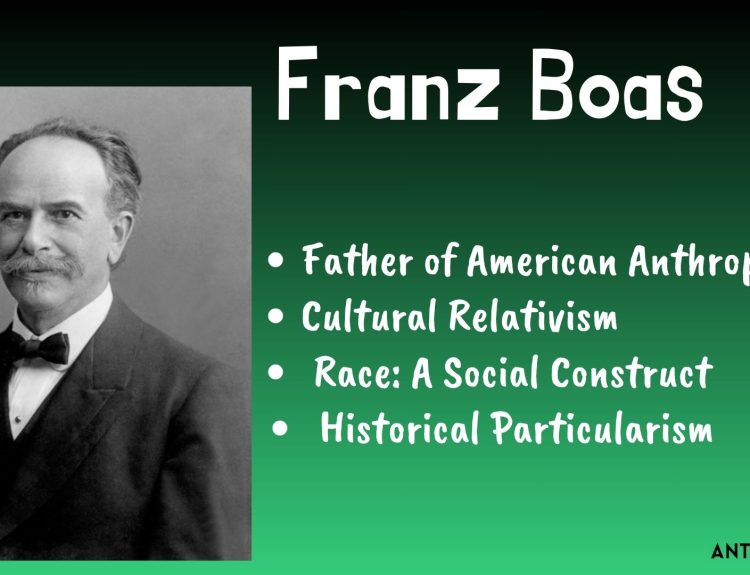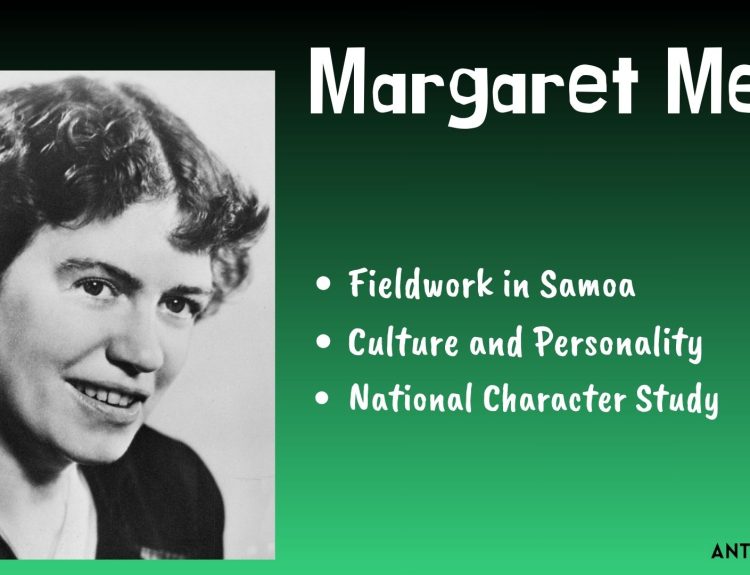The discipline of Anthropology has been enriched by the contributions of numerous scholars worldwide. In the Indian context, one name that stands out prominently is that of L. P. Vidyarthi. L. P. Vidyarthi’s Contributions, groundbreaking work and dedication to the field have left an indelible mark on Indian anthropology.
Early Life and Academic Journey
Lalita Prasad Vidyarthi, born in 1931 in the remote village of Bariyarpur, District Patna in the State of Bihar, embarked on his academic journey with a fervour for understanding the diverse cultures within India. With a keen interest in unravelling the intricacies of India’s social fabric, Vidyarthi pursued advanced studies in anthropology, laying the foundation for his future scholarly endeavours. His sudden demise on December 1, 1985, marked the conclusion of a distinguished career.
In 1950, he earned his B.A. degree from Patna College and pursued an M.A. Part I in Geography from Patna University. Subsequently, his focus shifted from Geography to anthropology, leading him to obtain an M.A. in Anthropology from the University of Lucknow in 1953, where his mentor was D. N. Majumdar. Between 1953 and 1956, he served as the founding lecturer at Bihar University (now Ranchi University).
In 1958, he completed his Ph.D. at the University of Chicago, studying under the renowned anthropologists Sol Tax and Robert Redfield. After obtaining his Ph.D., he returned to Bihar University (now Ranchi University) as a Reader and assumed the position of Head of the Department of Anthropology from 1958 to 1968. His appointment as a professor in 1968 marked the continuation of his role as the Head of the Department.
Fellowships, Research, and Noteworthy Publications
He earned recognition through various fellowships and accolades, including the Ford Foundation Award (1957), a fellowship at the University of Chicago (1957), and the Indo-USSR Cultural Exchange Fellowship (1959), among others. His leadership extended to directing extensive research initiatives such as the Urban Pattern of Ranchi (1960), The Birhor Action Research Project (1966), and the Sacred Complex in Kashi (1972-76). Notable publications authored by him include Sacred Complex in Hindu Gaya (1961), The Maler: Nature-Man-Spirit Complex in the Hill Tribe of Bihar (1963), Cultural Contours of Tribal Bihar (1964), Applied Anthropology in India (1968), Conflict and Tension of Social Trend in India (1968), Tribal Culture of India (1977), Trends in World Anthropology (1980), and many more.
From 1973 to 1978, he held the position of President of the IUAES and ICAES (International Union of Anthropological and Ethnological Sciences and International Congress of Anthropological and Ethnological Sciences). In 1983, Professor Vidyarthi was honoured with the Distinguished Service Award by the Association for Anthropological Diplomacy, Politics, and Society, along with the Association of Third World Anthropology. He held the distinction of being the first individual from a developing country to receive this prestigious accolade.
Ethnographic Research: A Trailblazer in Indian Anthropology
Vidyarthi’s noteworthy contributions lie in his pioneering ethnographic research, focusing on various communities across India. His studies delved into the customs, rituals, and social structures of diverse groups, offering nuanced insights into the rich tapestry of Indian culture. Notable among his works is the comprehensive documentation of the traditions of tribes in central India, shedding light on their unique practices and belief systems. His major works include:
Sacred Complex: Within the Sacred Complex, he proposes three integral elements: sacred geography, a series of sacred performances, and specialized individuals dedicated to the sacred, forming a cohesive whole.
Read in detail- Sacred Complex in Indian Anthropology
Nature-Man-Spirit Complex: The term ‘Nature’ encapsulates the dynamic interplay between the Malers and their ecological environment. ‘Man’ refers to the social structures within the tribe, encompassing aspects like family and marriage. Within the category of ‘Spirit,’ Vidyarthi incorporates the concept of spirit and the supernatural realm, as observed in the Malers’ way of life. Vidyarthi utilized a methodological framework that centred on evaluating tribal life through the lenses of ecological context (Nature), societal structures (Man), and the spiritual dimension (Spirit).
Read in detail- Nature-Man-Spirit complex
Tribal and Folklore Study: In his work, “Cultural Contours of Tribal Bihar” (1966), he sheds light on various aspects of the social institutions of tribes in Chota Nagpur. Additionally, the book “Tribal Culture of India” (1976), co-authored by him and Dr. B.K. Roy offers comprehensive insights into folklore, art, life cycles, matriliny, and polyandry in tribal India. His contributions include collecting valuable information and analysing Maler folklore related to their ecological setting, family dynamics, economics, religion, and cultural history, as outlined in his book on the Maler (1963). He exhibited a keen interest in the folklore of Magahi, Bhojpuri, and tribal regions of Bihar.
Engagement with Applied and Action Anthropology: L. P. Vidyarthi devoted significant attention to Applied Anthropology and Action Anthropology matters. In 1967, a task force led by him was established to examine the impact of diverse planning approaches on tribal communities. Through this initiative, he developed tailored plans that addressed the specific needs of tribals, a contribution detailed in his publication “Applied Anthropology in India” (1968). Furthermore, in 1968, he delved into the consequences of industrialization on tribal societies.
Legacy and Continued Relevance
L. P. Vidyarthi’s legacy endures through the lasting impact of his work and the scholars he mentored. His contributions extended beyond the realm of academic research; he actively shaped the evolution of anthropological thought in India. Characterized by clarity and scholarly rigour, his writings influenced subsequent generations of anthropologists.
Beyond individual research, Vidyarthi played a pivotal role in shaping institutional frameworks for anthropology in India. He actively participated in establishing academic departments and research centres dedicated to anthropology, fostering a conducive environment for the discipline’s growth.
Conclusion
In the annals of Indian anthropology, L. P. Vidyarthi stands as a luminary whose dedication and scholarly rigour have enriched the understanding of India’s cultural mosaic. His contributions, both in terms of groundbreaking research and institutional development, underscore the profound impact of individuals in shaping the trajectory of academic disciplines.
References
Distinguished Service Award for Vidyarthi







